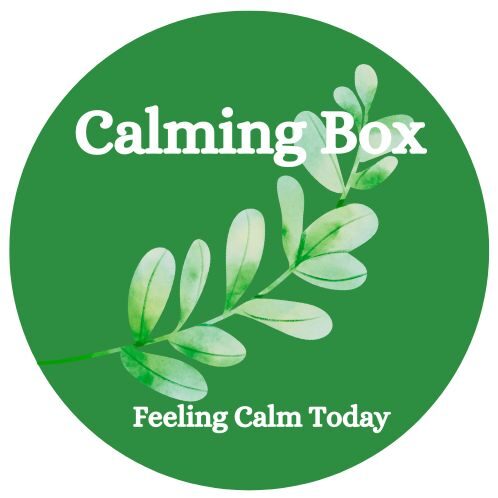When we think about our childhood trauma, we often picture visible signs of distress—crying, using coping mechanisms like video games, shopping, alcohol, bullying, acting out, or withdrawing. Our trauma isn’t always loud or obvious. Some of its most lasting impacts show up in adulthood in subtle, quiet ways that are easy to dismiss or overlook. These behaviours can feel like personality traits or quirks, but they may be rooted in early emotional wounds.
Here are some subtle signs childhood trauma in adulthood:
1. Apologizing All the Time
If you find yourself saying “sorry” constantly, even when you haven’t done anything wrong, it could be a sign of trauma. As a child, you may have learned keeping the peace meant taking the blame. Over-apologizing becomes a way to avoid potential conflict or punishment.
2. Feeling Guilty for Relaxing
People with unprocessed trauma struggle to feel safe when they’re not doing something “productive.” Resting might trigger guilt or anxiety because relaxation wasn’t modeled or allowed in childhood. You might associate calm with danger or unpredictability, making it hard to truly unwind.It provides an avenue for control. And, to build a sense of credibility because busy people look like they are ‘successful’.
3. Over-Explaining Yourself
Do you catch yourself offering long explanations or justifications for simple decisions or actions? This may come from a past where you felt misunderstood, accused, or constantly on edge, needing to defend yourself.
4. Struggling with Simple Decisions
Even choosing what to eat can feel overwhelming when you’re used to suppressing your preferences. As a child, if your choices were often dismissed, controlled, or punished, you may have learned to second-guess yourself. The fear of making the ‘wrong’ decision can linger into adulthood.
5. Downplaying Your Needs
If you feel like your needs are too much or don’t matter, this could trace back to a time when expressing them was ignored or unsafe. You might tell yourself, ‘It’s not a big deal,’ even when it is.
6. People-Pleasing as a Reflex
Automatically reverting to make others happy,even at your own expense, can be a coping mechanism developed in childhood. If you had to earn love or safety by pleasing others, it becomes a hard habit to break.
7. Flinching at Kindness
When you’re not used to kindness, it can feel suspicious or overwhelming. If compliments or care make you uncomfortable, it may be because those things were rare or came with strings attached in the past.
8. Chronic Overthinking
Overanalyzing every interaction or detail is often a survival tactic. When you grew up in a chaotic or unpredictable environment, being hyper-aware helped you feel more in control. However, it might be draining your precious mental energy.
9. Avoiding Conflict at All Costs
You may go to great lengths to avoid disagreement or tension. This often stems from fear rooted in past experiences where conflict led to emotional or physical harm. It can make you feel disconnected.
10. Feeling Like You Are ‘Too Much’
If you’ve ever been told you’re too emotional, too sensitive, or too intense, you may have internalized the belief your authentic self is a burden. Trauma teaches you to shrink, to take up less space.
Recognizing these signs is not about blaming the past—it’s about understanding your patterns and beginning the process of healing. You are not ‘too much’, and your needs are not a problem. They are a part of your story, and you deserve to feel seen, safe, and whole just the way you are.
Keep building your foundation of calm, using your box of tools. You can do it. It takes time and that is okay.

